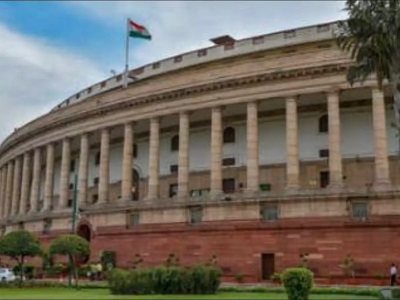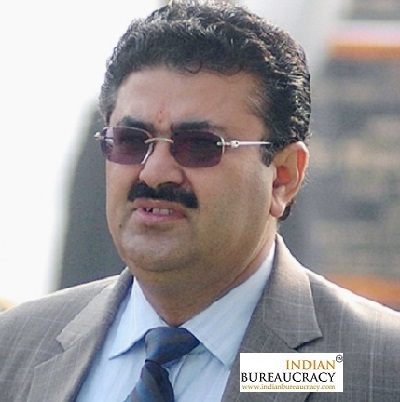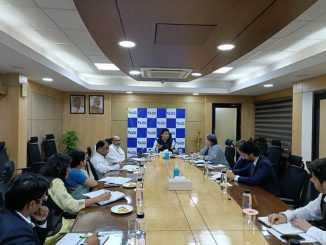
The Union Cabinet, chaired by Prime Minister Shri Narendra Modi, has approved the implementation of the City Investments to Innovate, Integrate and Sustain 2.0 (CITIIS 2.0) program. CITIIS 2.0 is a four-year program (2023-2027) initiated by the Ministry of Housing and Urban Affairs (MoHUA) in collaboration with the French Development Agency (AFD), Kreditanstalt für Wiederaufbau (KfW), the European Union (EU), and the National Institute of Urban Affairs (NIUA).
The program aims to support selected projects that promote circular economy, with a focus on integrated waste management at the city level, climate-oriented reform actions at the state level, and institutional strengthening and knowledge dissemination at the national level.
The funding for CITIIS 2.0 includes a loan of Rs. 1,760 crore (EUR 200 million) from AFD and KfW (EUR 100 million each) and a technical assistance grant of Rs. 106 crore (EUR 12 million) from the EU.
CITIIS 2.0 builds upon the achievements of CITIIS 1.0, which was launched in 2018 with an outlay of ₹933 crore (EUR 106 million). CITIIS 1.0 consisted of three components: 12 city-level projects selected through a competitive process, capacity development activities in the state of Odisha, and the promotion of integrated urban management at the national level through NIUA.
CITIIS 2.0 follows the same model as CITIIS 1.0 and comprises three major components:
- Financial and technical support for developing projects focused on building climate resilience, adaptation, and mitigation in up to 18 smart cities. These projects will promote circular economy principles, with a specific emphasis on integrated waste management.
- Support for all states and union territories (UTs) upon demand. This includes setting up or strengthening State Climate Centers/Climate Cells, creating State and city-level Climate Data Observatories, facilitating climate-data driven planning, developing climate action plans, and building capacities of municipal functionaries. The Program Management Unit (PMU) at NIUA will coordinate technical assistance and support to state governments.
- Interventions at the central, state, and city levels to enhance climate governance in urban India. This component involves institutional strengthening, knowledge dissemination, partnerships, capacity building, research and development, and supporting scale-up across all states and cities.
CITIIS 2.0 will complement the climate actions undertaken by the Government of India through existing national programs such as the National Mission on Sustainable Habitat, AMRUT 2.0, Swachh Bharat Mission 2.0, and Smart Cities Mission. It will also contribute to India’s Intended Nationally Determined Contributions (INDCs) and its commitments under the Conference of the Parties (COP26).







Leave a Reply
You must be logged in to post a comment.